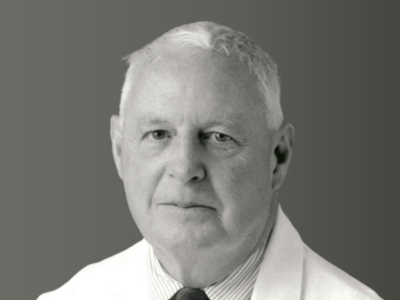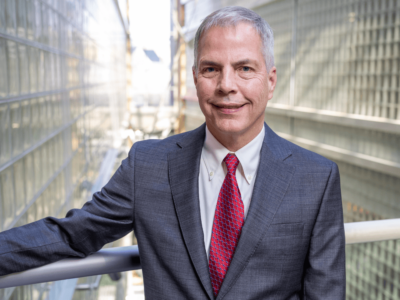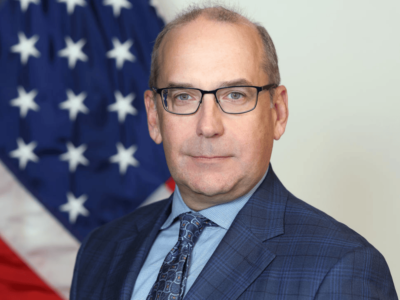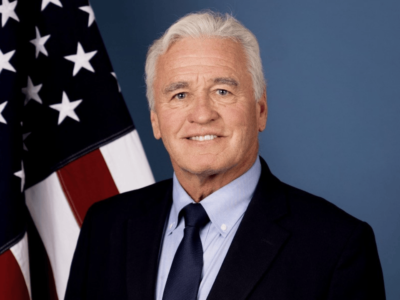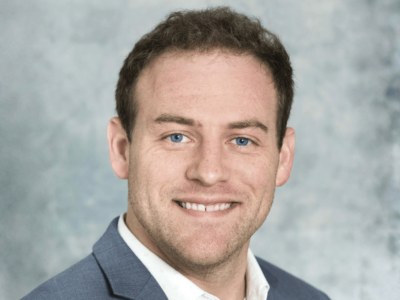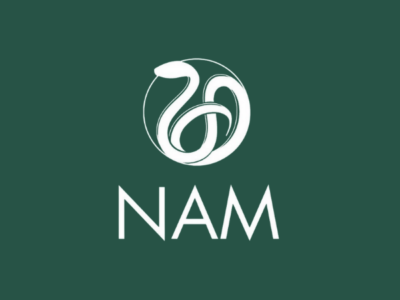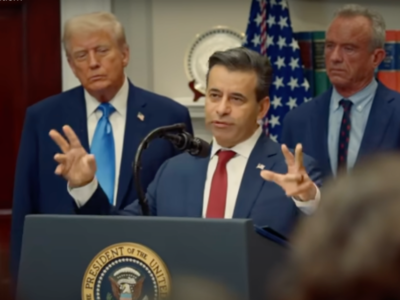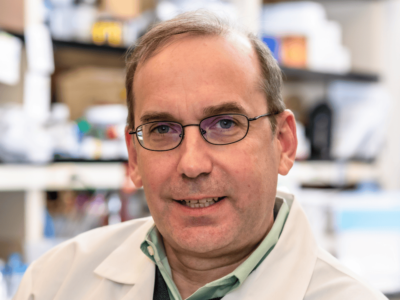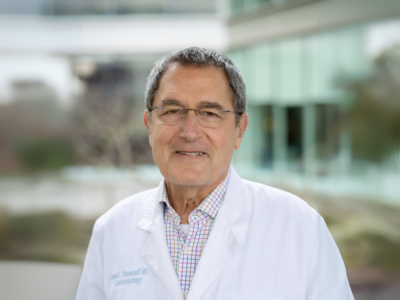His coverage has had a profound impact on the field of oncology, leading to numerous Congressional investigations, and helped change policy, regulation, and standards of care.
Paul’s reporting has been recognized by the Washington DC Professional Chapter of the Society of Professional Journalists, the Gerald Loeb Awards, the Association of Health Care Journalists, and the Newsletter and Electronic Publishers Foundation.
His articles have appeared in The New York Times, The Wall Street Journal, The Washington Post and The Washington Monthly, and he has been featured on 60 Minutes, 20/20, CNN and NPR. He is also a novelist and author of nonfiction books.
His author website is www.paulgoldberg.com.
Paul graduated from Duke University with a B.A. in economics in 1981.
The Château
(Picador, Macmillan Publishers, 2018)
The Yid
(Picador, Macmillan Publishers, 2016)
How We Do Harm: A Doctor Break Ranks About Being Sick in America
with Otis W. Brawley, (St. Martin’s Press, 2012)
The Thaw Generation: Coming of Age in the Post-Stalin Era
(Little, Brown, 1990; and in paperback, University of Pittsburgh Press) with Ludmilla Alexeyeva
To Live Like Everyone
translation of a memoir of Anatoly Marchenko (Henry Holt, 1989)
The Final Act
(William Morrow, 1988)
For nearly 25 years, business executive Lou Weisbach and urologist Richard J. Boxer have argued that finding the money to finance the cures for devastating diseases is not as difficult as it appears. To start finding the cures, the U.S. Department of the Treasury needs to issue some bonds—$750 billion worth. Next, you hire CEOs—one...
Steven Libutti tells us about building a $900 million cancer hospital for Rutgers RWJBarnabas Health
Rooting out the “illegal and immoral discrimination” of DEI is the first order of business for Trump
The American Cancer Society and the American Society of Clinical Oncology have combined their cancer information resources, which will be available at no cost to the public on cancer.org. The collaboration, which combines the two organizations’ sites—ACS’s cancer.org and ASCO’s cancer.net—was announced at the 2024 ASCO Annual Meeting in Chicago May 1. Cancer.org is now...
Vinay Prasad, a social media phenom and professor of epidemiology and biostatistics at the University of California, San Francisco, recently stunned his colleagues by stating that doctors at Vanderbilt University acted in a “despicable” manner when they offered a double lung transplant to a lung cancer patient. “The doctors at Vanderbilt are despicable in my...













